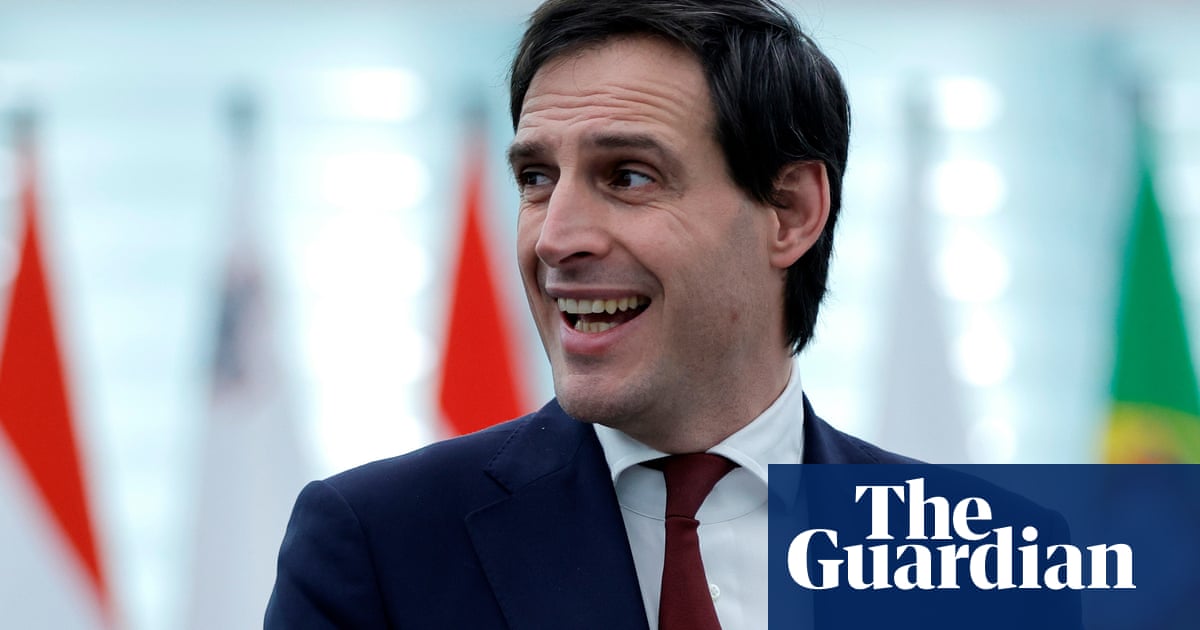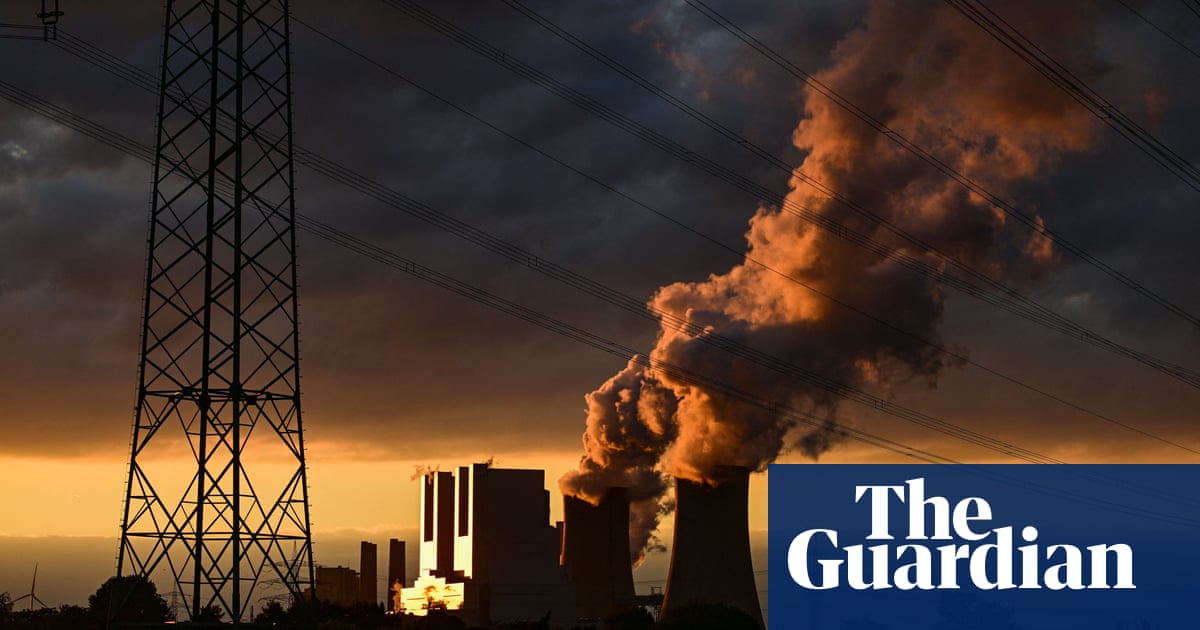
A new EU target of a 55% reduction in carbon emissions by 2030 has been described as a “farce” by environmental groups after it was agreed in Brussels on the eve of Joe Biden’s climate summit for world leaders.
After 14 hours of intensive negotiations, representatives of the EU’s member states and parliament emerged on Wednesday morning to announce a deal in principle on cuts and the establishment of a new independent body of scientists to monitor the policy.
The development, said by the European commission president, Ursula von der Leyen, to “put the EU on a green path for a generation”, envisages a reduction of at least 55% in net greenhouse gas emissions by 2030, compared with 1990 levels, and zero net emissions by 2050. The 2030 reduction target had previously been set at 40%.
It has also been agreed that the EU will invest further in “carbon sinks” such as forests, grasslands and wetlands. MEPs involved in the talks claimed this would in effect equate to a 57% net reduction target for member states.
However, environmental groups were quick out of the blocks in criticising the deal. The agreement fails to tie up all member states to zero emissions by 2050 as a consequence of Poland opting out of a provisional leaders’ agreement on the target last December. Poland relies on coal for 80% of the country’s electricity.
MEPs, who had sought a 60% cut by 2030, also failed to significantly raise the ambitions of the EU’s capitals despite the claims on Wednesday that the bloc was showing global leadership on the climate emergency.
Earlier this week, the UK government said it would toughen its targets on greenhouse gas emissions for the next 15 years, the first major developed economy to do so. Following recommendations of the government’s statutory climate advisers, carbon dioxide is to be cut in the UK by 78% by 2035 compared with 1990 levels
Wendel Trio, the director of Climate Action Network (CAN) Europe, an alliance of environmental NGOs, said: “The ‘at least 55% emission reduction target for 2030’ is not in line with the Paris agreement’s ambition to limit temperature rise to 1.5C by the end of the century.”
Trio said the target had been “rushed by EU lawmakers to bring something to the leaders’ summit organised by the US”. “This is definitely not the kind of climate law that will help the EU to lead the global efforts to tackle climate change,” he said.
Biden, whose first act as president was to reinstate the US to the Paris climate agreement, will chair a virtual summit of 40 world leaders on Thursday. It is being seen as a key milestone on the road to the UN climate Change conference (Cop26) this November in Glasgow where leaders will underscore the need to limit planetary warming to 1.5C by the end of the century.
Barbara Mariani, senior policy officer for climate and energy with the European Environmental Bureau (EEB), said the target translated to only a 52.8% cut in actual emissions from polluting sectors as the larger figure took into account emissions that could potentially be absorbed. Under current measures the EU already expects to reduce emissions by 46% of 2030.
“Today’s agreement is not a victory for climate action, it’s a farce,” Mariani said. “We are also baffled to see that the council [of member states] rejected a proposal to extend the EU’s climate neutrality target to all member states, which risks triggering lack of accountability at national level and creating a two-speed Europe in which some countries will inevitably lag behind.”
Pascal Canfin, the Renew Europe MEP, who chairs the European parliament’s environment committee, said it had proved “impossible” to move the 27 member states from the headline target of a reduction of 55% following agreement at a summit last December, but that commitments on investment in carbon sinks were a significant win.
“There was definitely no space to change the wording ‘at least 55 net,” he said. “We tried, I don’t know how many times, but it was not possible … parliament was obviously ready to go even further, but the compromise found is ambitious: we are going to do two and a half times more in nine years than what we have done in the last 10 years in Europe.” The deal will now be fine-tuned by lawyers ahead of formal adoption by the institutions.












